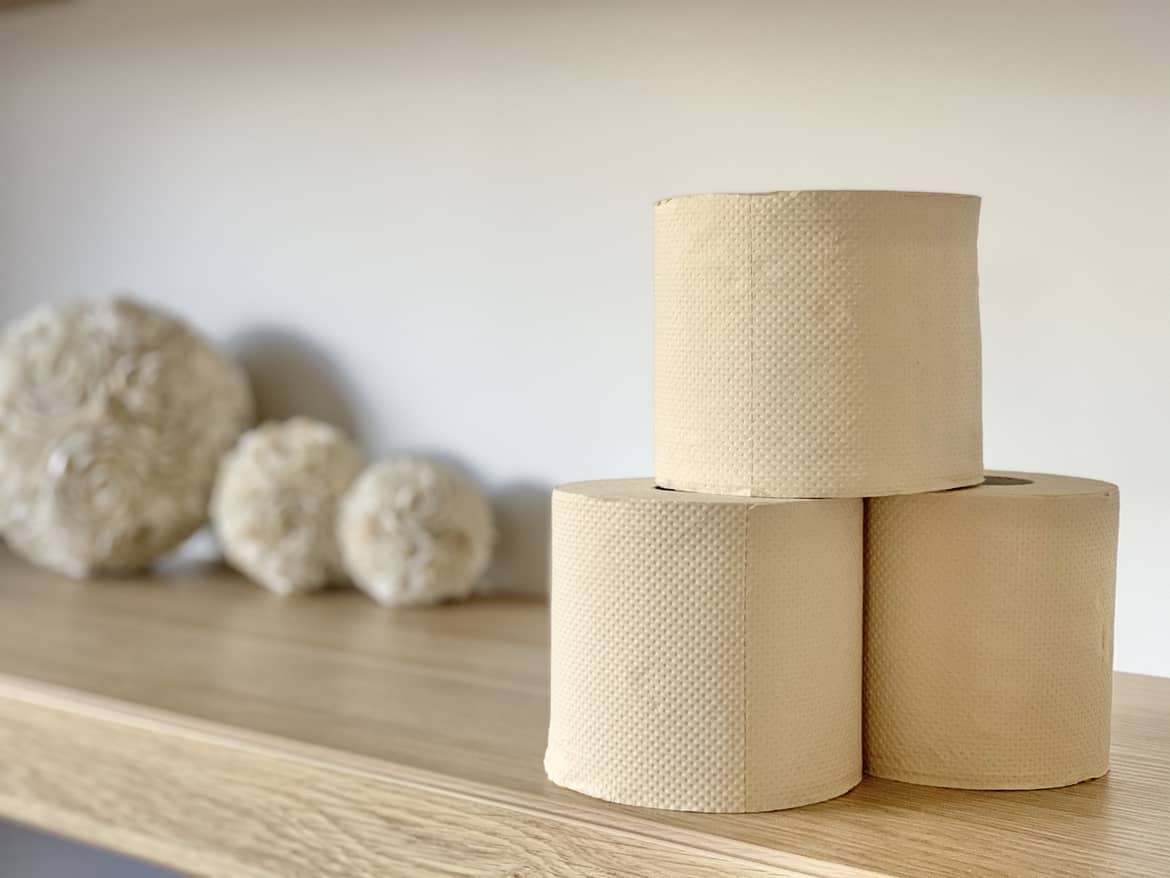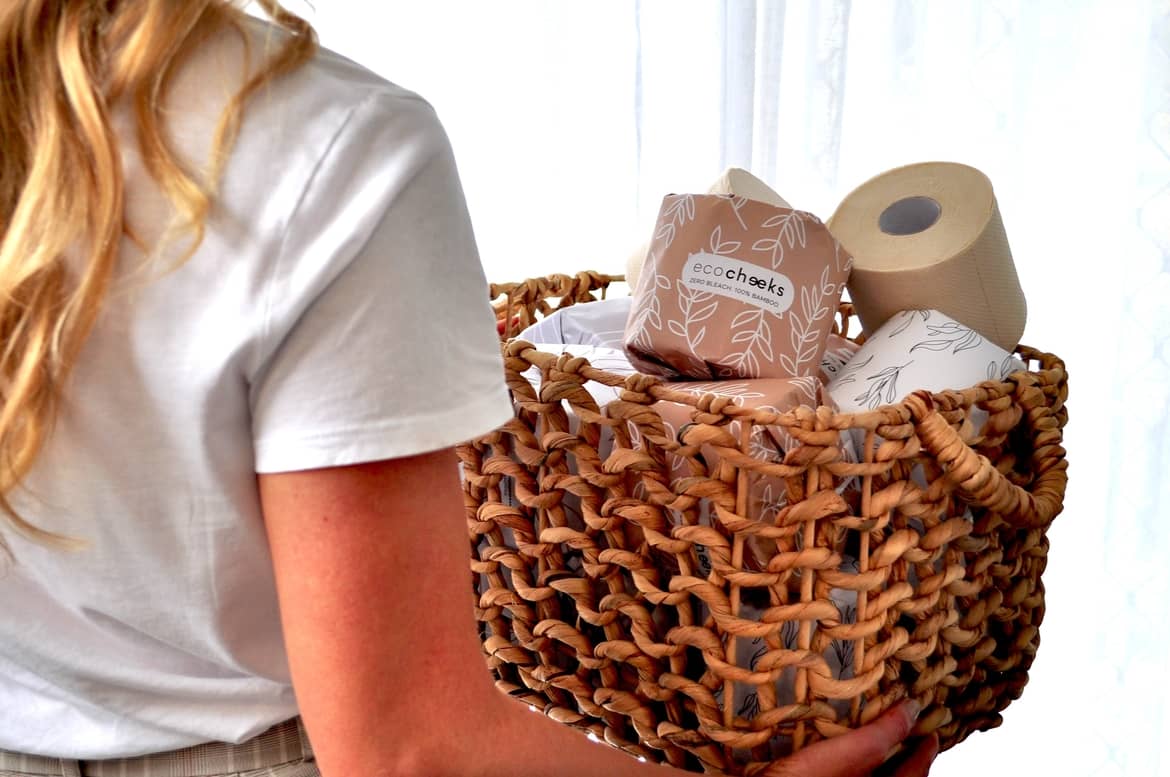The vulva is the external parts of the female genitals. The skin in this area is very delicate and easily suffers from irritation (itching, burning, or discomfort) on a small part or the entire vulva. Other symptoms are redness, swelling, discharge, skin cracking, painful sex, and feeling of crawling under the skin. The most common causes of irritation are yeast, bacterial, or viral infections. In the absence of infection, the cause may be an adverse reaction to products. Toilet paper is one of these products that one never suspects. We use toilet paper many times a day to wipe our hands, faces, and private areas with it, exposing ourselves to harmful chemicals that we are unaware of. In the process of cleaning ourselves to prevent diseases, we are creating diseases that could be avoided.
Chemicals in toilet paper
Have you ever wondered how wood is converted to soft white toilet paper? Toilet paper manufacturers use a mixture of 70% hardwoods and 30% softwoods which they break down with chemicals to make paper pulp. The combination of softwoods and hardwoods brings strength and a soft feeling. Once the paper is made, they bleach it with chlorine or chlorine dioxide for that nice white colour, and sometimes they add perfume.

Chlorine, dioxin and furans
The chemicals used during the manufacturing process are toxic, and the most dangerous ones are elemental chlorine and chlorine dioxide used as bleach. Chlorine reacts with organic molecules in the wood and other fibers to make several toxic by-products, including dioxin. The term dioxin refers to three acutely toxic chemical groups which are true dioxins, furans, and polychlorinated biphenyls (PCBs). Obviously, these chemicals remain on the paper and make it highly toxic. They enter the body through the skin into the blood. The body cannot excrete dioxin the way it excretes other toxins, so the chemicals accumulate in the body and gradually create health problems. When people finally suffer from strange diseases, it is hard to associate them with toilet paper. Already, low levels of exposure to furans and dioxin have been associated with health problems such as skin problems, reduced fertility, birth defects, cancer, hormone imbalance, and impairment of the immune system. Just imagine what this can do to the soft skin in the vulva.
Formaldehyde
A 2010 study researched the possibility that toilet paper is the cause of chronic irritation of the vulva. The scientists found that formaldehyde is sometimes used to improve the wet strength of facial tissues, toilet paper, and paper towels. This chemical is a skin irritant, a carcinogen, and health authorities consider it to be a sensitiser (it makes a person sensitive to all harmful chemicals). So, that irritation in the vulva is possibly due to exposure to formaldehyde.

Synthetic fragrance
If you have vulva irritation, and your toilet paper contains fragrance, it could be due to an allergic reaction to fragrance! Fragrance can be made up of over 3000 untested chemicals and commonly contain phthalates. The health risks of these are startling, including cancer, human reproductive and developmental toxicity, endocrine disruption, birth defects and respiratory problems.
BPA
Recycled toilet paper is made from scraps in a paper factory, while post-consumer recycled toilet paper is made from used paper. In addition to chlorine, they contain one dangerous chemical, Bisphenol A (BPA). Printed thermal paper is coated in dye and a developer such as BPA. When lottery tickets, shipping labels, store receipts, luggage tags, etc., are recycled, they are mashed up along with other used paper and the BPA ends up in the toilet paper. Researchers have actually found it on toilet paper, including recycled types. Though the concentration is usually very small, research has found high quantities of BPA in some types of toilet paper. Some people are sensitive enough to be irritated in the vulva area.











